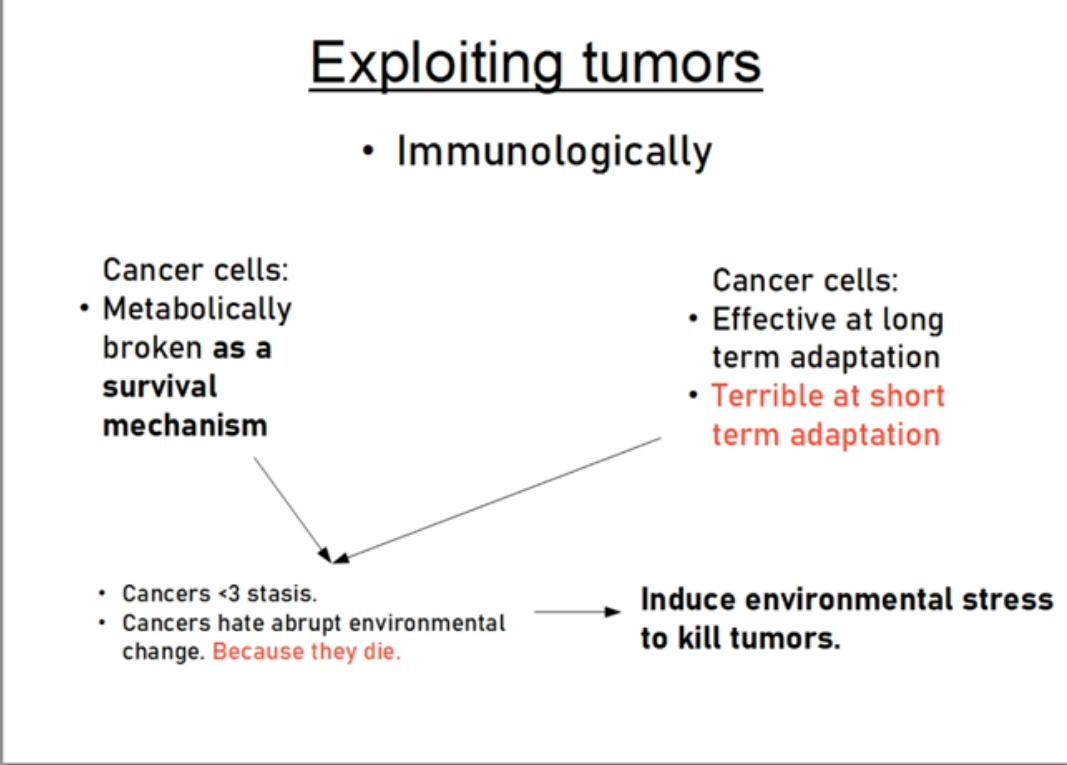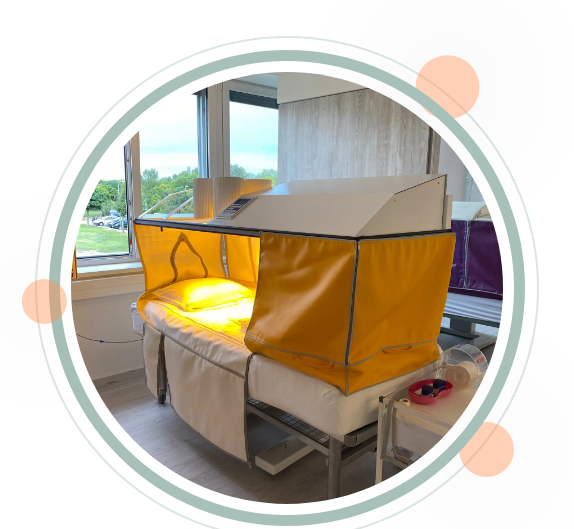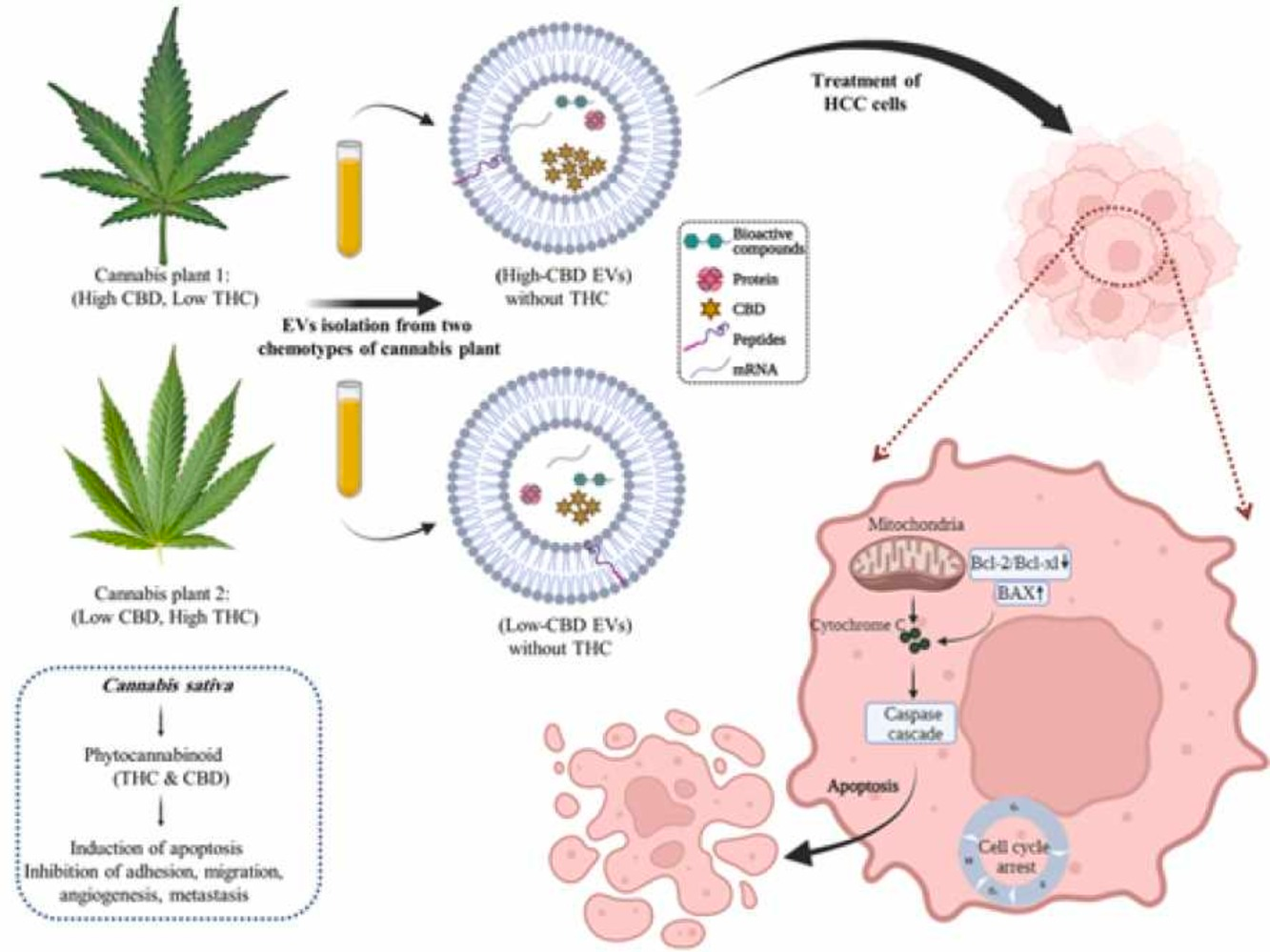cancer
-
@brad Some of my findings.
Surgery has some benefit in some cancers.
Radiatiion is usually a bad idea, but not always. For prostate cancer it’s a loser. For breast cancer it can lower chances of a recurrence and is arguably a gain.
Chemo is usually a really bad idea.
I have found that a low methionine diet, and high amounts of THC can help stop, reverse or erradicate many if not most cancers.
You need to be taking 1g of Indica THC a day, which can be done via rectal suppositories, and you don’t get high much or at all doing this. There are shockingly good results for cancers, just from THC. Sometimes, a bit of CBD added to it helps, but usually you want really high THC regardless.
-
@Lovesickhs18 gosh, it’s hard to keep someone away from the doctor. People are so conditioned and they are so scared.
There is good literature out there about outcomes and it’s being updated all the time.
Doctors always OVER estimate the benefits of their treatments, and UNDER estimate the risks. You can’t get a straight answer from a doctor.
But if you dive into the literature you can find some good statistical outcomes that can guide you.
If I had a melanoma, I would use topical high grade THC on it. I might resort to blood root if that didn’t work, although it usually works. Blood root can get rid of the cancer but can create a lot of pain in the process and scarring. THC usually doesn’t.
Next on the list is prostate cancer. 40% of men are going to get it at some point and many never know it and live to a ripe old age if they aren’t treated for it.
Prostate cancer can I think be dealt with using high grade THC for a few months, like 1g a day, split into 3 divided doses as a rectal suppository.
Radiation and androgen deprivation therapy are very bad for prostate cancer sufferers, destructive and of no real value statistically speaking.
Breast cancer — the high THC, surgery is often useful. Radiation can prevent recurrence. I think the THC can be used for miantence and in hormone positive breast cancer can result in not needing something like high dose aromatase inhibitors or SERMs (Tamoxifen) that are reoutinely prescribed.
You can go down the list, blood cancers, brain cancer, colorectal cancer — and the THC suppostitories shockingly are usually very effective.
A plant based diet is very helpful because it lowers methionine and lowering methionine is a very easy and useful way to slow or stop tumor growth and support over all health.
-
Yes, curious re: the above.
Also, I hear so many stories about young people in their 20's and 30's going to doc because of a small pain somewhere, and finding a ton of cancer. Blows my mind that they weren't in tune with any warnings beforehand. Are they just completely hardened and out of touch with their body? Or what's going on? Any warning signs when it develops?
I think it’s because of vaccines. The vaccines are terrible and young people have suffered the worst most aggressive schedule.
You don’t often have any warning even if your body is riddled with cancer. You can feel okay.
I know a lot of young people have become very hypochondriac too especially about brain tumors.
-
The cancer industry is the worst. A cancer suffererer is said to be worth US$300K to the industry.
As soon as you are diagnosed, they rush you through treatment scaring you and painting a grim picture if you do not comply.
Their technique is scaring you with high risk scenarios, underestimating the risks of their treatment, and speeding you through before you have time to think much about it.
It is frightening how effective it is in treating people, and yet many people end up much worse off. They die from the treatment not the cancer.
-
Sseth Tzeentach had a livestream talking about cancer a while back. Quite interesting. I wonder how much is peaty advise?
-
@gugenmungus would you mind summarizing? Thank you.
-
@Ecstatic_Hamster I haven't watched it since it came out, I just remembered it existed. I know he talks about how getting sick can trigger the immune response of the body, getting it to actually work instead of sleeping around and look for invaders (including cancers). The warming up of the body probably also helps
-
This post is deleted! -
@Ecstatic_Hamster Would you mind giving the thread a more descriptive title?
-
@gugenmungus he seems to recommend hyperthermia treatment for cancer, especially by Dr Kleef from Austria. He also had this slide which I found interesting. He talks about how cancer cells create a chemical environment through their metabolism to scare away immune response, or something like that idk I am not very intelligent.

-
@gugenmungus looks peaty

-
@gugenmungus thanks. Makes a lot of sense. People who get high fevers sometimes get rid of cancer. Sauna would be very good.
-
@pilky don’t see how to do that.
-
What are the most common warning signs of cancer?
-
@lactose many times none. Or pain, a lump, it can be anything.
-
@Ecstatic_Hamster I think you should be able to do it if you click the three little dots next to "Reply" and "Quote" on the original post! Otherwise let me know and I will edit it.
-
@Ecstatic_Hamster The information about THC is very surprising and unintuitive to me. Could you point to some of the studies or papers that led you to this conclusion?
-
@brad it is a little tough to show more than anecdotal evidence but I will try.
https://www.sciencedirect.com/science/article/pii/S0753332222005984
this study tries to "sell" these tiny vesicles as a delivery mechanism to cancer, but it uses THC and CBD

this is kind of anecdotal on CBD
https://www.ncbi.nlm.nih.gov/pmc/articles/PMC8559110/https://www.sciencedirect.com/science/article/pii/S2667394022000120
CBD increases effectiveness of breast cancer therapiesTHC in HER2-positive breast cancer
https://pubmed.ncbi.nlm.nih.gov/30733293/The cannabinoid Δ9-tetrahydrocannabinol (THC) disrupts HER2-CB2R complexes by selectively binding to CB2R, which leads to (i) the inactivation of HER2 through disruption of HER2-HER2 homodimers, and (ii) the subsequent degradation of HER2 by the proteasome via the E3 ligase c-CBL. This in turn triggers antitumor responses in vitro and in vivo. Selective targeting of CB2R transmembrane region 5 mimicked THC effects. Together, these findings define HER2-CB2R heteromers as new potential targets for antitumor therapies and biomarkers with prognostic value in HER2-positive breast cancer
and a review article
https://pubmed.ncbi.nlm.nih.gov/29390896/
the endocannabinoid-degrading enzymes fatty acid amide hydrolase and monoacylglycerol lipase, lipid transport proteins of the fatty acid binding protein family, additional cannabinoid-activated G protein-coupled receptors, members of the transient receptor potential family as well as peroxisome proliferator-activated receptors have been considered as targets of antitumoral cannabinoid activity. Therefore, this review focused on the antitumorigenic effects induced upon modulation of this extended endocannabinoid network. -
https://www.nature.com/articles/1210641
Additionally, in in vivo studies in severe combined immunodeficient mice, there was significant inhibition of the subcutaneous tumor growth and lung metastasis of A549 cells in THC-treated animals as compared to vehicle-treated controls. Tumor samples from THC-treated animals revealed antiproliferative and antiangiogenic effects of THC.https://journals.plos.org/plosone/article?id=10.1371/journal.pone.0228909
The tumor samples were classified according to the level of expression of CB1, CB2, or both. Patients with high expression levels of CB1, CB2, and CB1/CB2 showed increased survival reaching significance for CB1 and CB1/CB2 (p = 0.035 and 0.025, respectively). Both cannabinoid agonists inhibited the proliferation and expression of EGFR in lung cancer cells, and CBD potentiated the effect of THC. THC and CBD alone or in combination restored the epithelial phenotype, as evidenced by increased expression of CDH1 and reduced expression of CDH2 and VIM, as well as by fluorescence analysis of cellular cytoskeleton. Finally, both cannabinoids reduced the in vitro migration of the three lung cancer cells lines used.Conclusions
The expression levels of CB1 and CB2 have a potential use as markers of survival in patients with NSCLC. THC and CBD inhibited the proliferation and expression of EGFR in the lung cancer cells studied. Finally, the THC/CBD combination restored the epithelial phenotype in vitro. -
A good review article on how cannabis inhibits or reverses cancer
https://www.mdpi.com/1422-0067/21/3/747Breast, brain, pancreatic, prostate, blood…virtually all cancers.
A couple of interesting observations I’ll make from this review.
An increasing number of reports highlighted the role of cannabinoids in cancer spreading, specifically in invasion, angiogenesis, migration, and metastasis mechanism [5,6,7,8,9,10]. Likely, these mechanisms can be triggered through the modulation of different pathways.
As a consequence, a down-regulation of the proangiogenic factors vascular endothelial growth factor (VEGF), placental growth factor (PlGF), and angiopoietin-2 (Ang-2) occurs [8]. Moreover, cannabinoids inhibit angiogenesis and invasion,
Another interesting observation derives from glioma and breast cancer, where the treatment with CBD or the CB2 agonist O-1663 exerts the inhibitory effect on cancer cell invasion through a down-regulation of Id-1 and Sox-2 protein expression [6].
Encouraging results were obtained in regards to the FAAH inhibitors, AA-5HT (N-arachidonoyl-serotonin) and URB597. Used alone, AA-5HT exerts an antiproliferative effect in glioma and thyroid cancer [5].
Moreover, in azoxymethane (AOM)-induced colon cancer murine models it reduces the onset of aberrant crypt foci, probably in a CB1-dependent manner [16]. URB597 showed a potent antiproliferative effect used in combination with AEA (or Met-F-AEA) in neuroblastoma, lung, and colon cancer, or combination with PEA in melanoma cancer cells [5]. In lung cancer, both AA-5HT and URB597 contrast tumor invasion through TIMP-1 upregulation, likely in a CB2- and TRPV1-dependent way [17]. The MAGL inhibitor JZL184, inhibiting proliferation and tumor cell invasion, induces apoptosis in colon and prostate cancer [18,19]. Interestingly, URB602, another MAGL inhibitor, reduces AOM-induced preneoplastic lesions and reduces tumor volume in vivo in colorectal cancer (CRC) models. Moreover, URB602 inhibits angiogenesis down-regulating vascular endothelial growth factor receptor (VEGFR) and fibroblast growth factor 2 (FGF-2) [20].
2.2. Cannabinoids Affect non-CB1/CB2 ReceptorsBeyond CB1 and CB2 receptors, it is well known that other non-CB receptors are involved in antitumor action of cannabinoids, representing another interesting target for therapeutic intervention. TRPVs are non-selective cation channels found to be a key player in cannabinoids-induced anticancer effects.